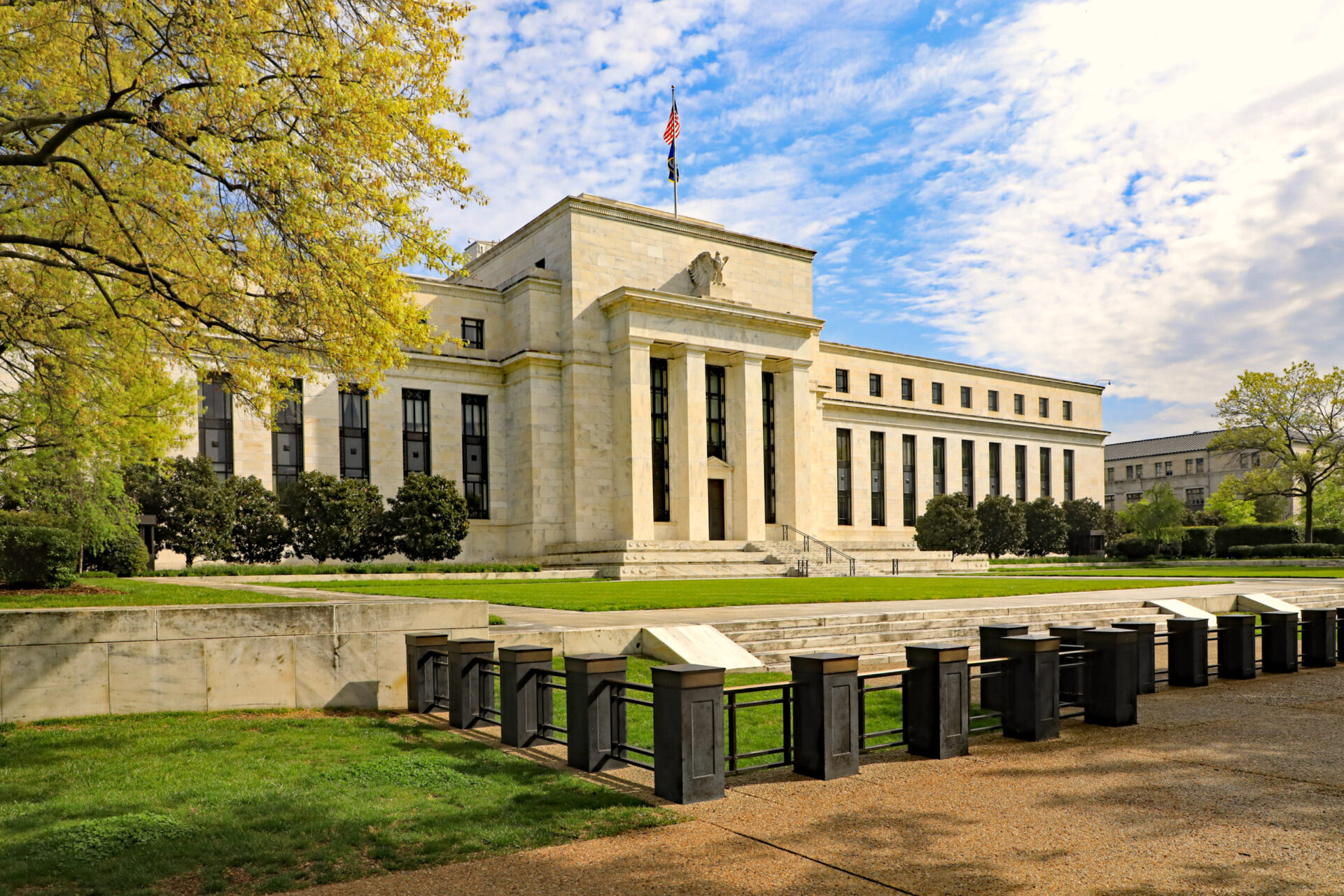By DESMOND LACHMAN
There is good news and bad news for the U.S. housing market. The good news is that by this time next year, mortgage rates will be substantially lower than they are today. The bad news is that by this time next year, the U.S. is more than likely to be in a meaningful economic recession.
The main reason for believing that next year we will have both lower interest rates and a recession is that the Fed is currently engaged in monetary policy overkill and that monetary policy operates with long and variable lags. Those lags are thought to be between 12 and 18 months. That means the economy, which is already showing clear signs of slowing, is yet to feel the full effects of the Fed’s latest interest rate hiking cycle. That cycle only began in earnest last June when the Fed started hiking interest rates in 75 basis point increments.
One indication the Fed is engaged in monetary policy overkill is that the 525 basis-point hike in interest rates since the start of last year is the fastest and largest round of interest rate hikes in the past 40 years. Another indication is the broad money supply (M2) is now declining by around 4 percent. Such a contraction in M2 has not happened since the Fed started publishing those numbers in 1959.
Worse yet, there is every prospect that the Fed is not through with its interest rate hiking cycle. In pursuing a data-dependent monetary policy that largely ignores the lags with which monetary policy operates, Fed Chair Jerome Powell has intimated that two more interest rate hikes might be in store before year end. That could cause yet a further money supply contraction.
Milton Friedman taught us that inflation is always and everywhere a monetary phenomenon. If Friedman’s teaching is right, in much the same way as the 40 percent increase in the money supply between the beginning of 2020 and the end of 2021 gave us a lag multi-decade high inflation by mid-2022, the past year’s money supply contraction could with a lag again raise the specter of deflation next year.
Two additional factors are heightening the chances that the Fed’s newfound monetary policy religion will produce a meaningful economic recession. The first is that the Fed’s interest rate hikes have been occurring in the context of a world drowning in debt and of cracks already beginning to appear in regional banks. The second is that those hikes have also been occurring at a time when China’s economy, the world’s second-largest and, until recently, its main growth engine, appears to be on the cusp of a Japanese-style lost economic decade. It is heading in that direction as its property and credit market bubbles show signs of bursting.
As if to underline U.S. financial system risks resulting from higher interest rates, this week Moody’s downgraded numerous regional banks and put other regional banks on credit watch. More troubling yet, we know that over the next two years, $500 billion a year in commercial property debt will fall due. It is difficult to see how that will not lead to a wave of defaults next year that will add pressure to an already strained financial system. With low office occupancy rates in COVID’s wake, it is difficult to see how commercial property developers will be able to cope with the higher interest rates at which they have to roll over their maturing debt.
Underlining the risk that China will soon be exporting deflation to the rest of the world, the Chinese government reported this week that consumer prices have already started to fall. That does not bode well for China at a time when its property sector is in deep trouble, as indicated by a wave of property developer defaults, slumping new house sales, falling home prices, and literally millions of unoccupied dwellings.
All of this suggests that if this year has been difficult for U.S. homebuyers with mortgage rates at close to 7 percent, next year should provide them with considerable mortgage rate relief as the Fed starts an aggressive interest rate-cutting cycle to prop up a faltering U.S. economy. However, that interest rate relief will come together with an economic recession.
Desmond Lachman is a senior fellow at the American Enterprise Institute. He was a deputy director in the International Monetary Fund’s Policy Development and Review Department and the chief emerging market economic strategist at Salomon Smith Barney.
